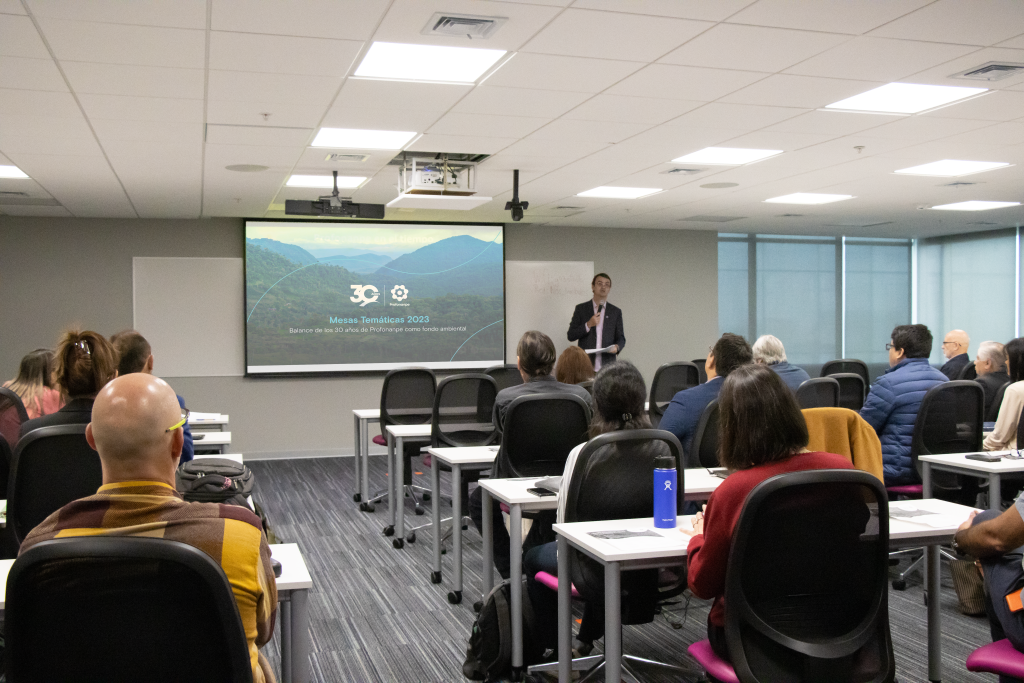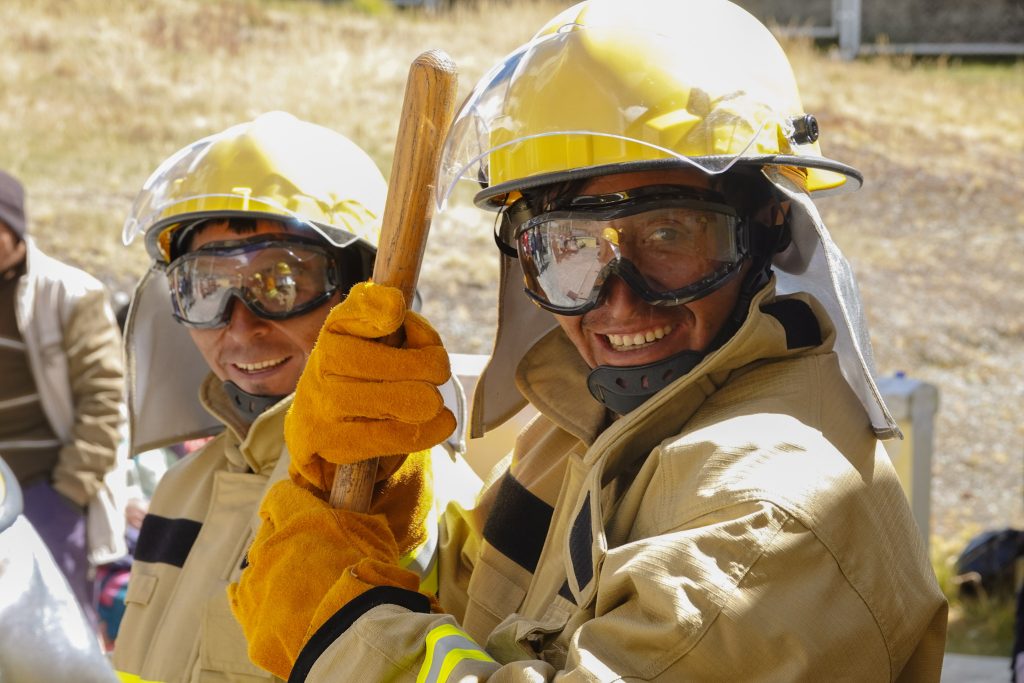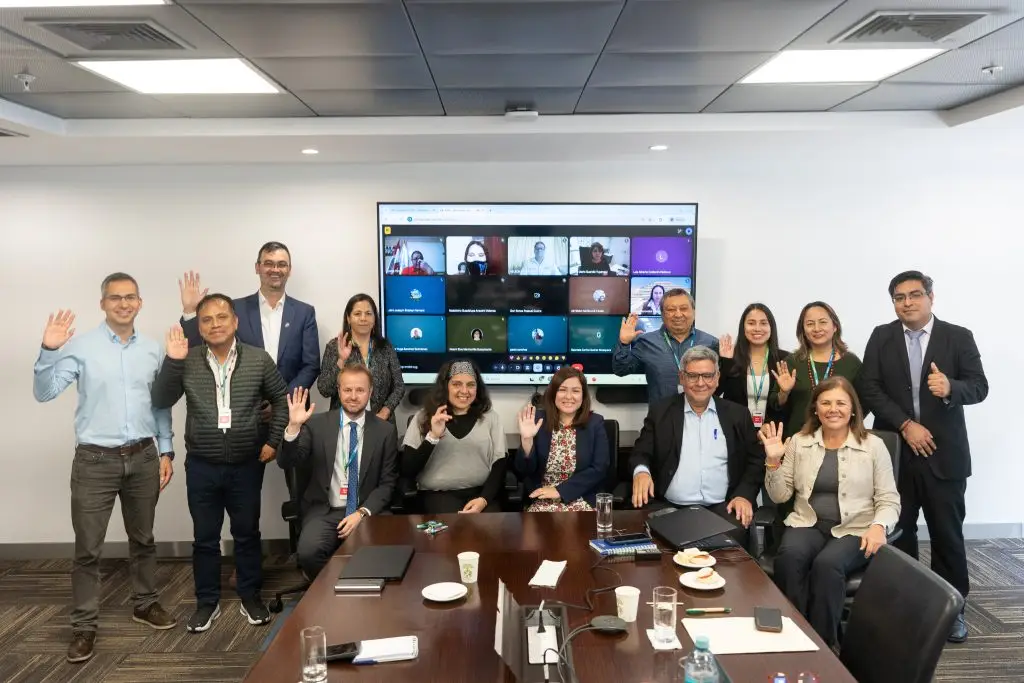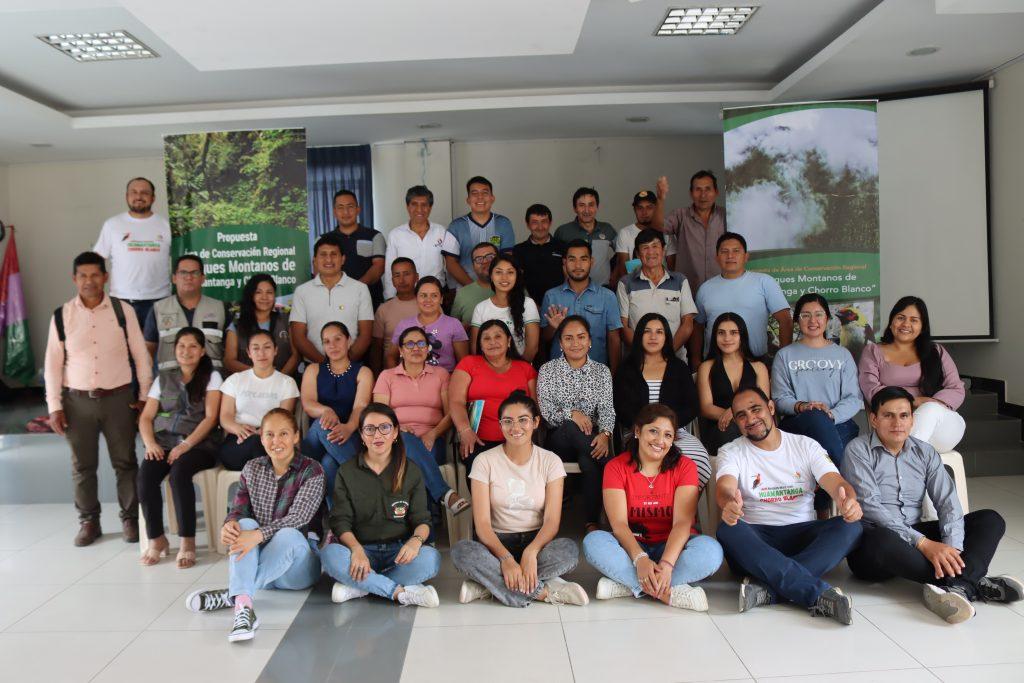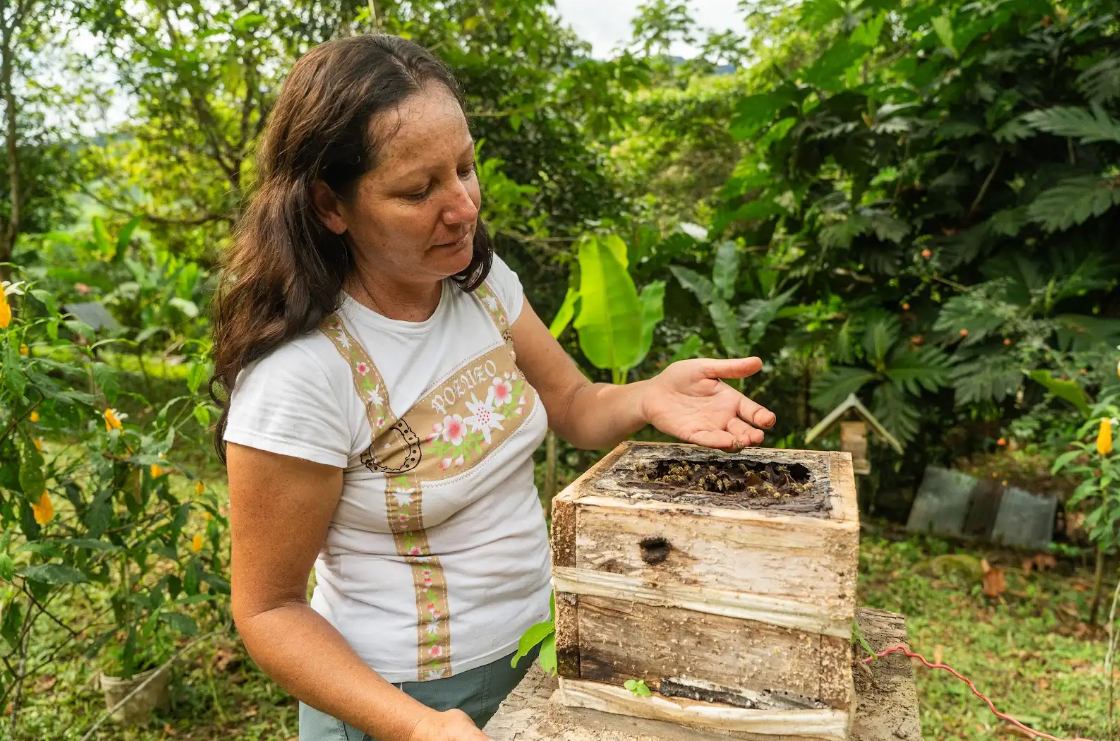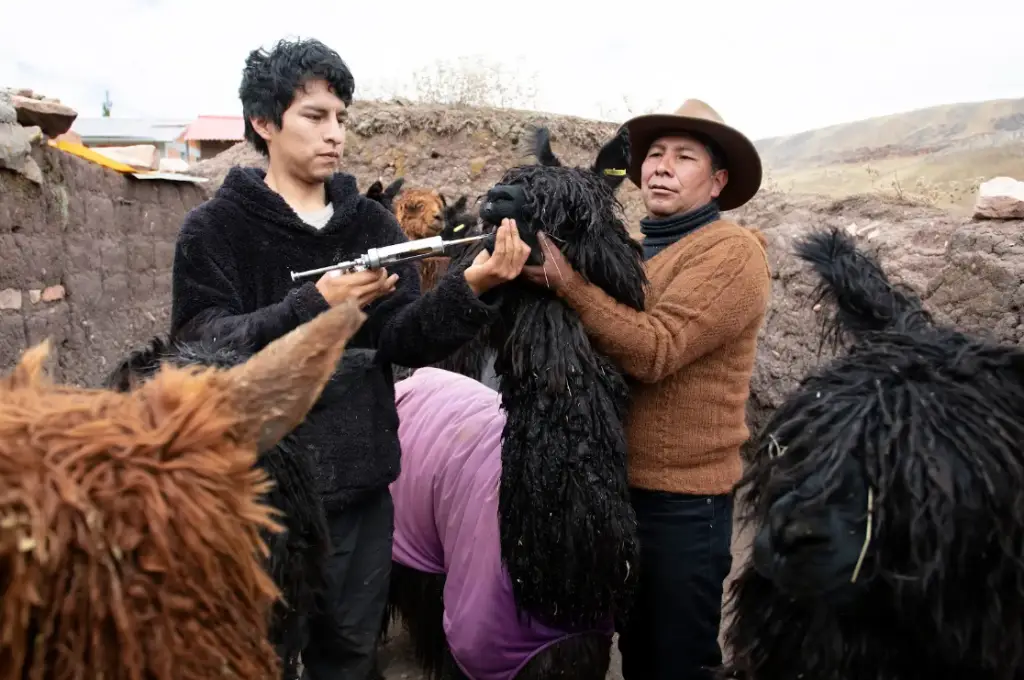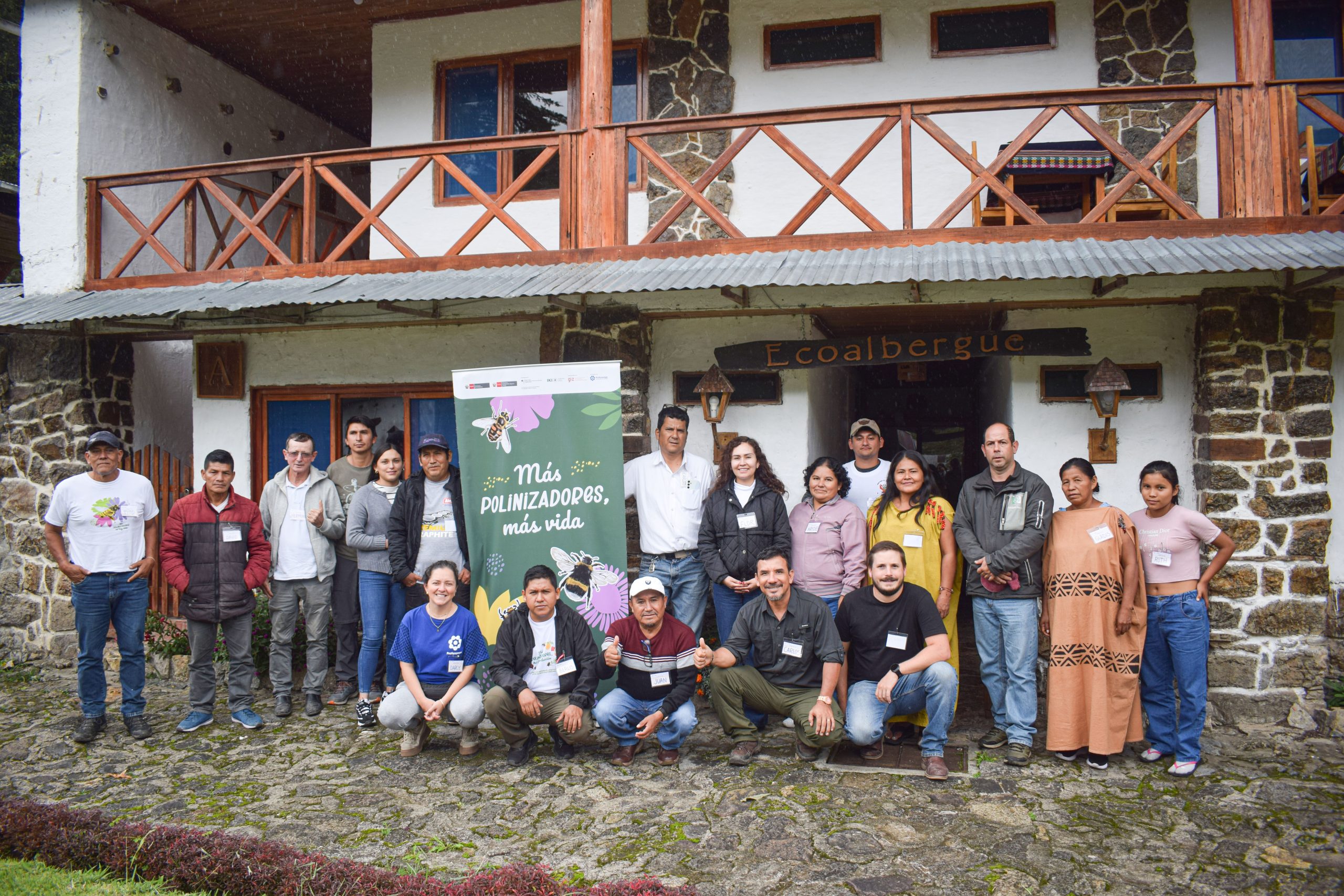On August 3, the first meeting of Profonanpe’s 2023 Roundtables was held, an event that brought together more than 40 experts from the environmental sector to make a technical and strategic balance of the achievements, challenges, lessons learned and opportunities for improvement in the framework of Profonanpe’s role in its 30 years of management, as well as its impact on the national environmental agenda.
“We are not the center of the business, we are the tool for the business to grow, and what is the business? The environmental agenda, that common agenda that transcends management and transcends people, is a sustainability agenda,” said Anton Willems, CEO of Profonanpe, during the inauguration of the meeting, in which he highlighted how Profonanpe has strengthened its role as the right arm of the State and civil society to promote projects that contribute to conservation and sustainable development.
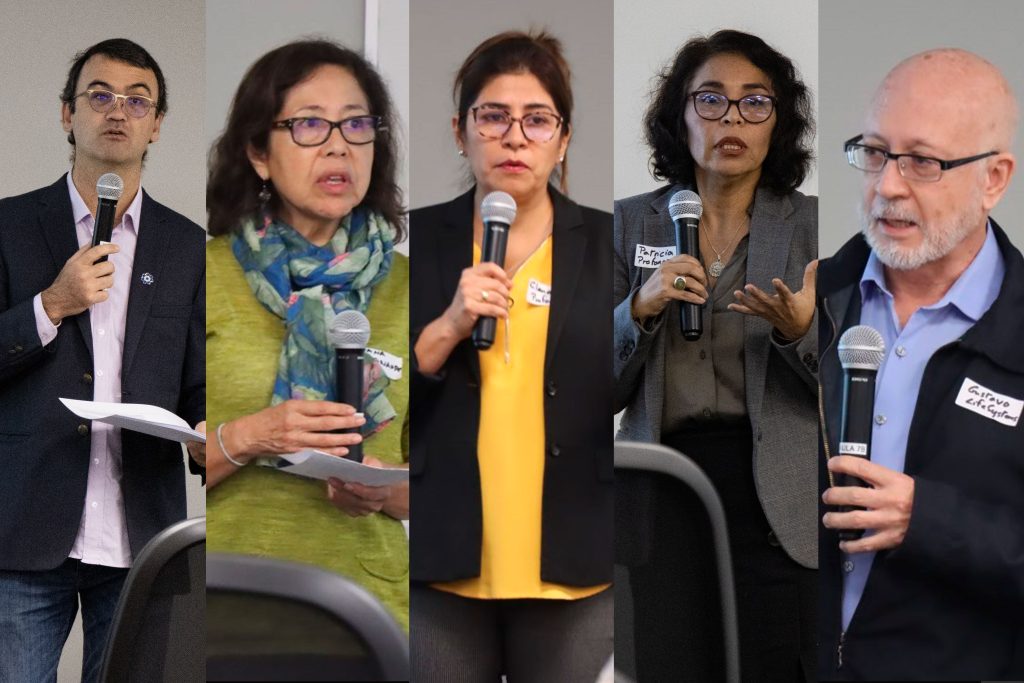
The working groups prioritized 3 topics for discussion, associated with Profonanpe’s role as Peru’s environmental fund: Financing for conservation, Environment and sustainable development, and Governance mechanisms and management instruments. The debate highlighted the need to strengthen efforts between different national and international conservation entities.
Regarding “Financing for Conservation”, Claudia Godfrey, Profonanpe’s Director of Innovation and Strategic Management, said that several key issues for the future of Profonanpe and its role as an articulator with other entities were addressed. Possible conservation modalities were discussed and how Profonanpe’s accreditations can facilitate access to resources. In addition, a new Green Fund initiative was presented that will provide technical assistance to bio-businesses focused on reducing carbon emissions in the Amazon.
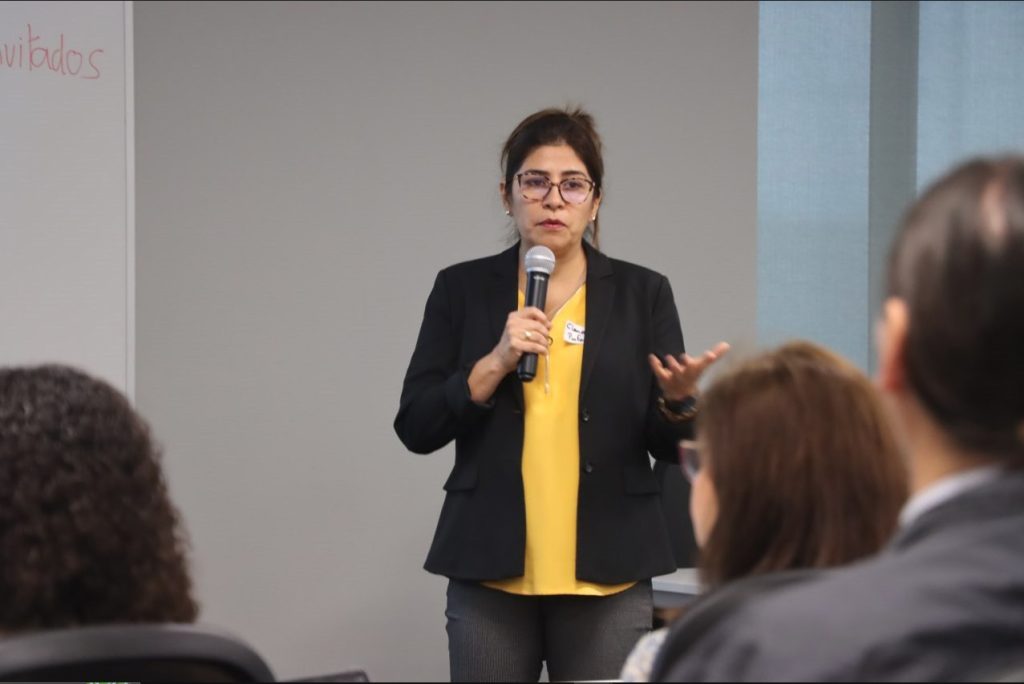
Gabriela Orihuela, President of the Board of Directors of Asociación Pro Jardín Botánico Nacional de Lima, commented that, in the area of environment and sustainable development, they identified the need to apply a territorial approach to management, articulating local, regional and national development plans, without losing the focus on biodiversity conservation. Profonanpe’s interventions should be based on research to find the best possible solutions, as well as on a mapping of actors (NGOs, private and state sector) that will participate in these processes for a joint and more sustainable work over time.
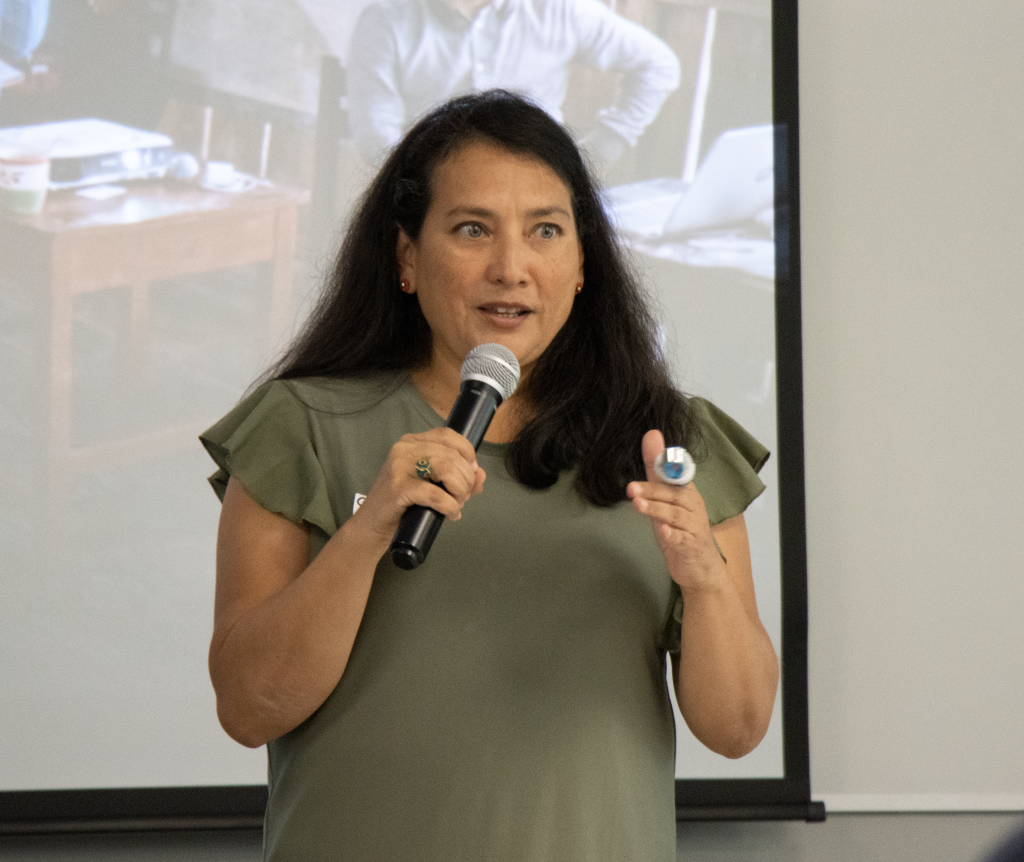
Finally, with regard to governance mechanisms and management instruments, Silvana Baldovino, Director of the Biodiversity and Indigenous Peoples Program of the SPDA, stated that it is extremely important to develop, review and articulate the governance frameworks and articulate them with the management committees in order to have an integral vision of territorial management and a need to interculturalize the system of natural protected areas for a clearer management of natural resources and a more inclusive participation of indigenous peoples.
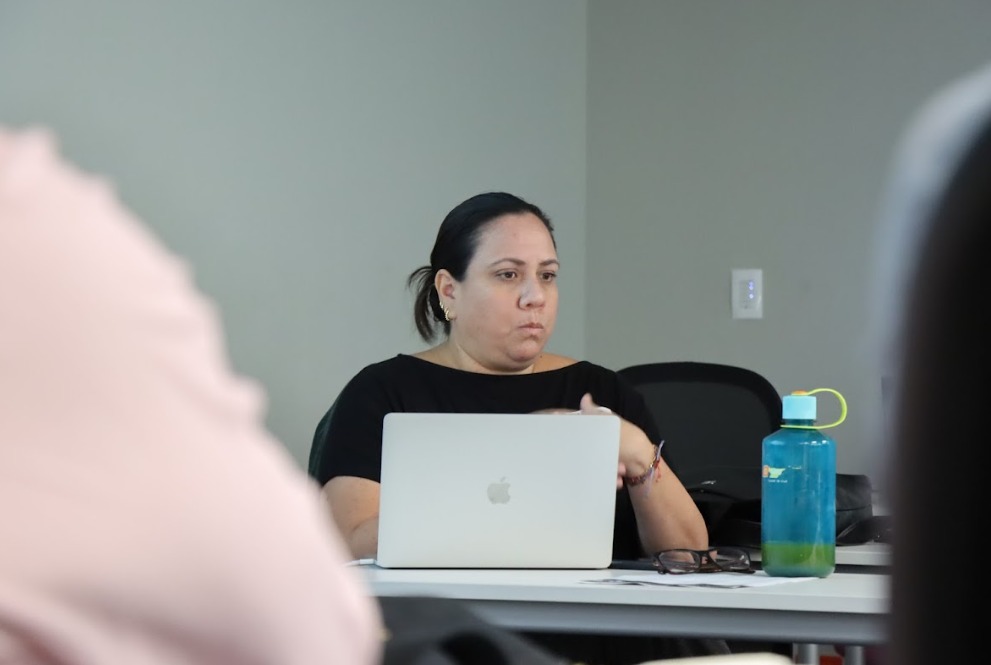
In these 30 years of experience, Profonanpe has stood out for its adaptability to global and national changes in biodiversity conservation and climate change mitigation. For this reason, the development of the Roundtables allows us to update the needs of the environmental agenda and guide Profonanpe’s role as the main ally in Peru and Latin America in the implementation of a sustainable development agenda.
A second meeting will be held in September, which is expected to once again bring together different experts on environmental issues.


